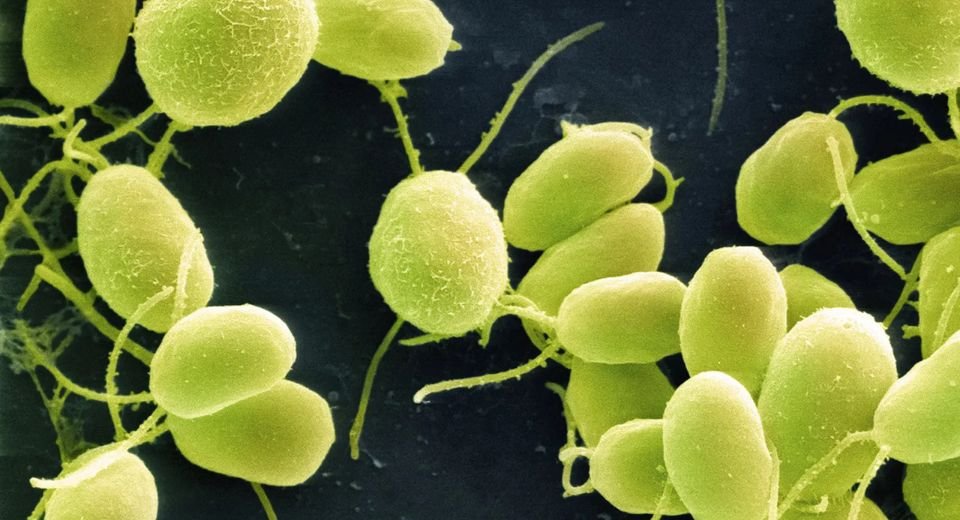HQ Team
June 12, 2025: Scientists are embarking on a journey to build a plant that yields nutritious food, survives heatwaves and leaves that grow useful materials.
A global team of researchers got £6.5 million in funding to build the world’s first artificial plant chromosome by the UK’s Advanced Research + Invention Agency (ARIA)’s Synthetic Plants programme.
University of Cambridge researchers hope to unlock the technology to fast-track crop development and enhance plants with new qualities, like drought-tolerance to reduce the amount of water they need, or the ability to withstand pests and diseases.
“We’re building the tools to make plants programmable, just like software. This isn’t science fiction – it’s the future of agriculture,” said Professor Jake Harris, Head of the Chromatin and Memory group, and project lead for one of the ARIA-funded projects.
Their research has the potential to revolutionise the future of agriculture and offer a radical new approach to securing food supply in the face of climate change.
Artificial chloroplasts, chromosomes
The Synthetic Plants programme aims to develop artificial chromosomes and chloroplasts that can survive in a living plant.
If the teams, involving Australian researchers, achieve this, it will be one of the most significant advances in plant synthetic biology.
“Our idea is that instead of modifying an existing chromosome, we design it from the ground up,” Professor Harris said.
“We’re rethinking what plants can do for us. This synthetic chromosome could one day help grow crops that are more productive, more resilient, and better for the planet.”
While synthetic chromosomes have been developed in simpler organisms, such as bacteria and yeast, this will be the first attempt to create and deploy one entirely from scratch in a plant.
Indoor agriculture
It also opens new possibilities for growing food and medicines in space, and for indoor agriculture. It could allow scientists to give elite crop varieties disease resistance, or to grow productively in new climates and environments.
The project will use the moss Physcomitrium Patens – a unique, highly engineerable plant – as a development platform to build and test a bottom-up synthetic chromosome, before transferring it into potato plants.
The second project, led by Professor Alison Smith and Dr Paweł Mordaka in the Plant Metabolism group, aims to use the synthetic chloroplasts to enable plants to fix nitrogen and produce vitamin B12.
The use of fertilisers to supply nitrogen and promote good crop yields is the greatest cause of pollution from agriculture, and reducing the need for these would promote more sustainable food production systems.
This builds on their previous work to design and build the entire chloroplast genome for the simple single-cell alga Chlamydomonas reinhardtii.
Production of B12 vitamins
The Cambridge researchers were granted almost £1 million, as part of a £9 million grant to this project. They are working with an international team of researchers from the UK, USA and Germany to transfer this technology to build synthetic chloroplasts in potato plants.
“Our success would unlock powerful applications in agriculture, like plants capable of nitrogen fixation or producing essential nutrients like vitamin B12, potentially reducing fertiliser dependence and addressing malnutrition,” said Professor Smith.
“These traits have tremendous potential should they be engineered into plants,” she said.
“It will enable scientists to surpass what can be accomplished with gene editing and equip plants with new functions, from reducing agricultural water use to protecting crop yields in uncertain conditions.”
Currently, it typically takes eight years to develop a new crop variety in the UK, but with this new technology, it could be a matter of one year or even less.
